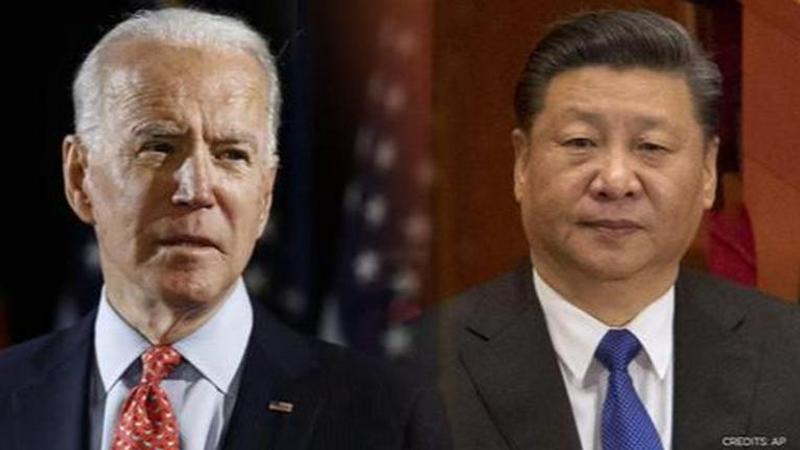Published 07:12 IST, February 5th 2021
China accuses US of meddling in internal affairs after Nobel Peace Prize nomination
China accused the US of interfering in its internal affairs after few politicians in Washington nominated Hong Kong's pro-democracy movement or Nobel prize

China on Thursday accused the United States of interfering in its internal affairs after few politicians in Washington nominated Hong Kong's pro-democracy movement for the Nobel Peace Prize. Chinese spokesperson Wang Wenbin, while speaking to the press, said Nobel Peace Prize should only be awarded to those who truly contribute towards peace. Wenbin added that the United States should stop using Hong Kong as a cover to interfere in China's internal affairs as it will only harm its own reputation and image.
"The Nobel Peace Prize should be awarded to people who have truly contributed to safeguarding and promoting world peace and development. Meddling in China's internal affairs by using Hong Kong as a cover or hyping up the Nobel Peace Prize to bolster anti-China elements seeking to disrupt Hong Kong will only hurt the image and reputation of the United States. A word of advice to the few US politicians: view China in an objective and rational light, stop using Hong Kong-related issues to interfere in China's internal affairs, and do more to promote China-US relations," Wenbin said on Thursday.
This comes after nine US politicians led by Republican senator Marco Rubio, who is on China's sanctions list, wrote a letter to the Nobel committee recommending the Hong Kong pro-democracy movement for Nobel Peace Prize. The letter has garnered bipartisan support in the United States. The letter stated that a "Nobel Peace Prize would honour their bravery and determination that have inspired the world".
Hong Kong pro-democracy movement
Hong Kong's pro-democracy movement first garnered international limelight in 2019 after thousands of people rallied on the streets of the former British colony to protest against a Beijing-backed extradition bill that would have allowed people to be extradited to mainland China. The bill had to be withdrawn following mass protests. The protests turned into a bigger movement demanding action against police brutality, the resignation of Hong Kong chief executive Carrie Lam, among other things. Protests reignited in May 2020 after Beijing brought a National Security bill for Hong Kong, which critics argued would curb remaining freedoms in the autonomous city. The bill was passed in June 2020 and several activists were arrested under the law.
(Image Credit: AP)
Updated 07:12 IST, February 5th 2021




